Can Africa pursue economic development without relying on fossil fuels?
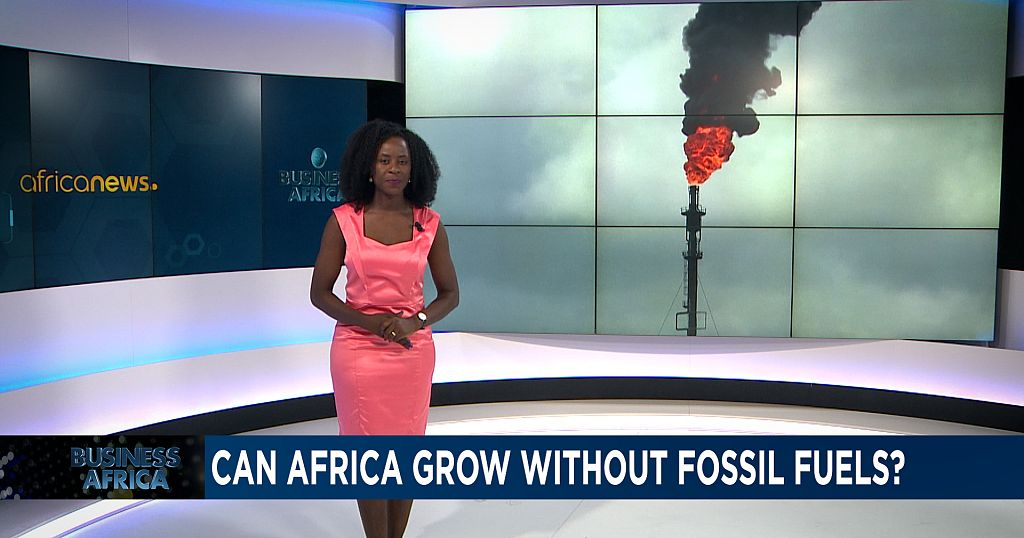
As the global climate emergency intensifies, the question arises: Can Africa pursue economic development without relying on fossil fuels?
While many African countries heavily depend on oil and gas exports, the continent experiences the harshest impacts of climate change despite contributing only 3% of global CO2 emissions.
The need for decarbonization is evident, with South Africa leading the way after securing $8 billion in loans for its energy transition at COP26. However, power cuts have posed challenges to the country’s industrialized economy.
According to NJ Ayuk JD, Director General of the African Chamber of Energies, an effective energy transition requires considering natural gas. African voices must be heard in climate conferences, and African leaders must take action to change the situation. The African Energy Chamber aims to play a pivotal role in fostering an African energy pact.
Gabon’s Investment Plan at Crans Montana Forum
Gabon recently showcased its strategic plan to attract foreign investors at the 37th Crans Montana Forum in Brussels. Seeking to overcome the economic impact of the Covid-19 crisis, Gabon aims to boost its revenues from oil and gas production while advancing its digital transition and generating more job opportunities.
Ghana’s Railway Development
Ghana has embarked on revitalizing its colonial-era railway network. Following the completion of the Manso-Huni Valley section in July 2022, Ghana and the African Export-Import Bank (Afreximbank) announced an agreement for the construction of a 299 km railway line connecting Manso-Huni to the port of Takoradi. This strategic corridor is expected to significantly enhance trade and contribute to Ghana’s economic development.
Source: Africanews



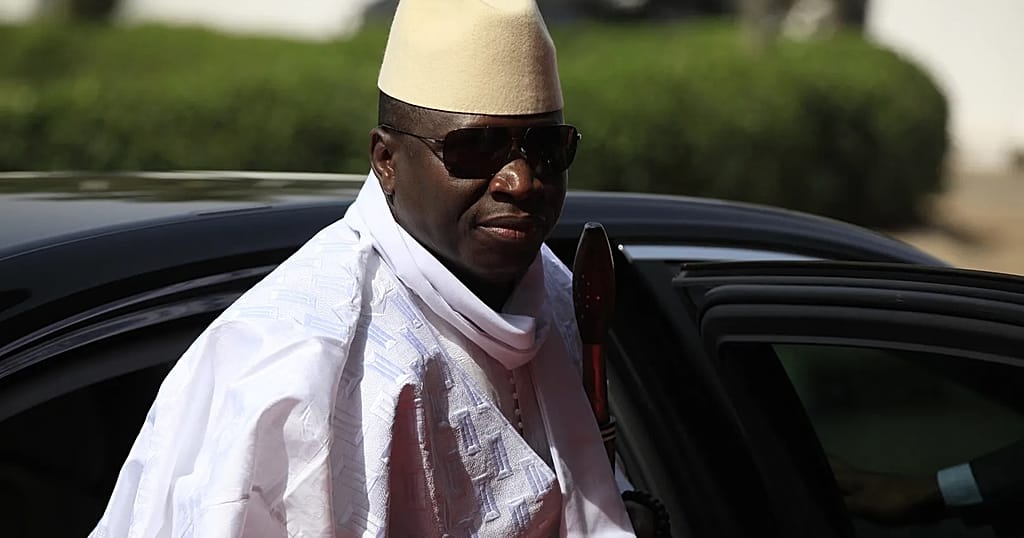

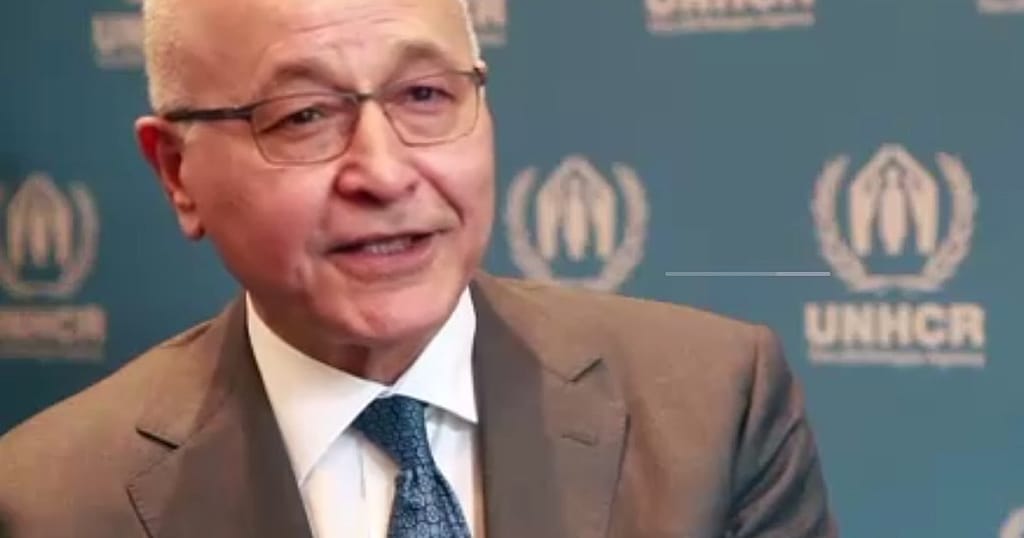


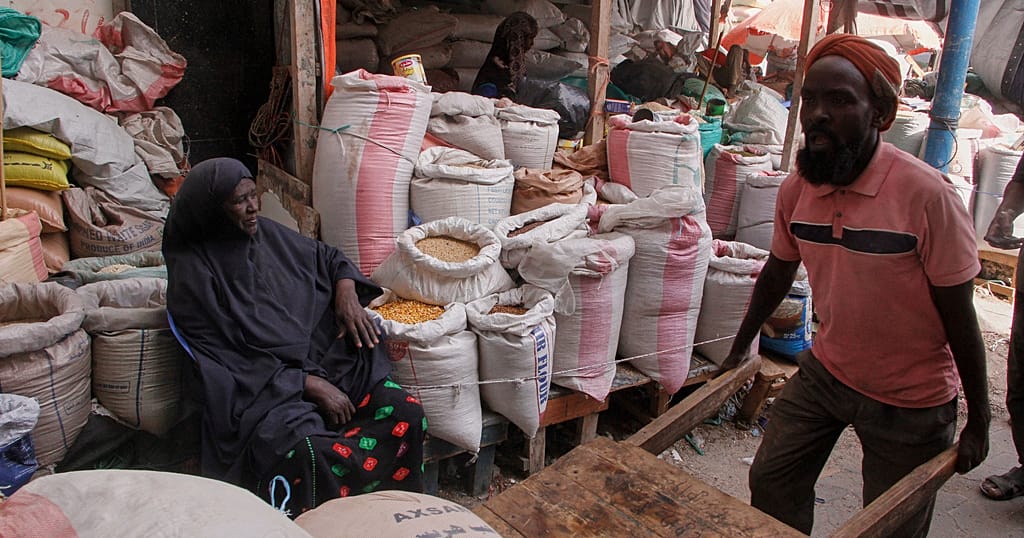



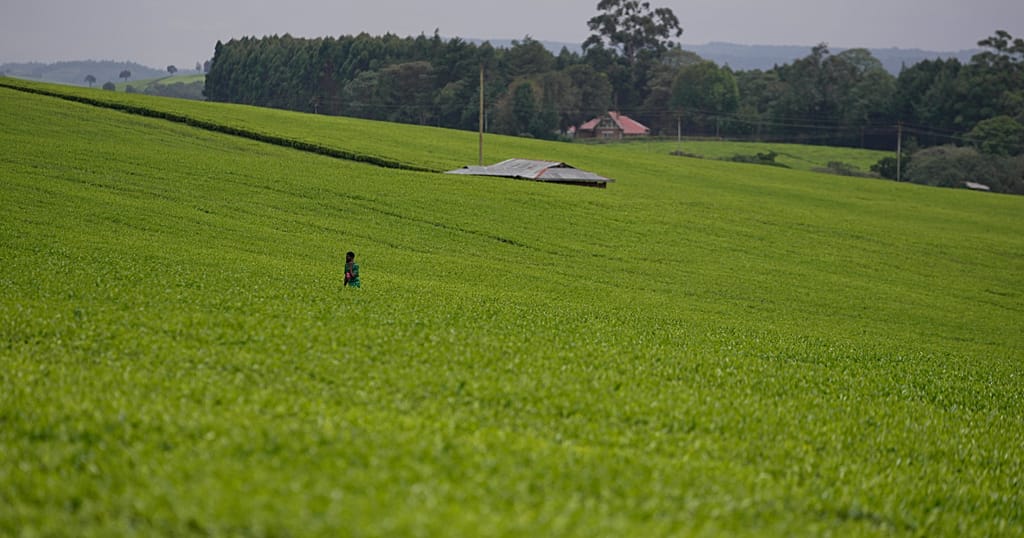

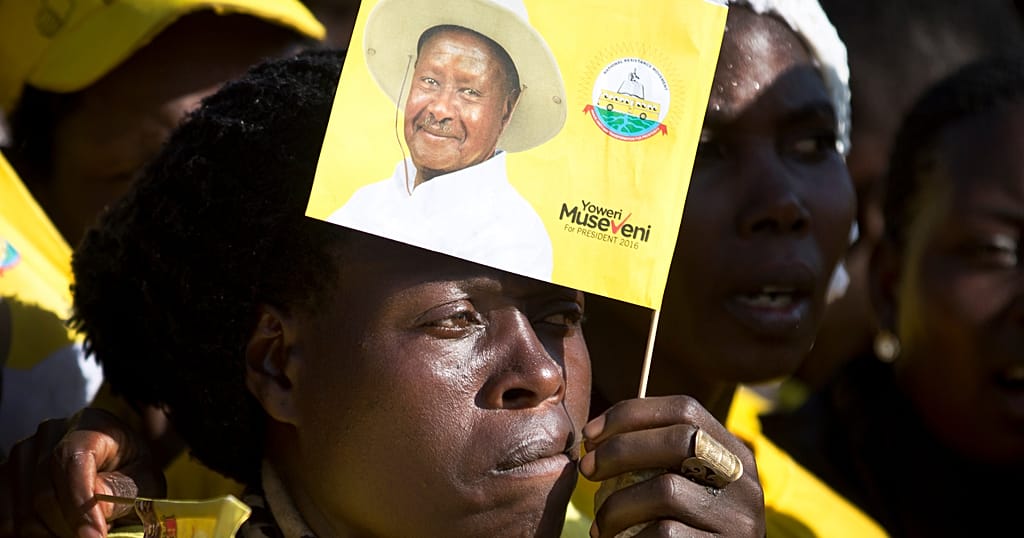
![Nigeria, Egypt complete AFCON semi-final lineup [Football Now] Nigeria, Egypt complete AFCON semi-final lineup [Football Now]](https://images.euronews.com/articles/stories/09/60/88/90/1024x538_cmsv2_ae5ebea6-2342-5024-b5be-e5d49208e561-9608890.jpg)